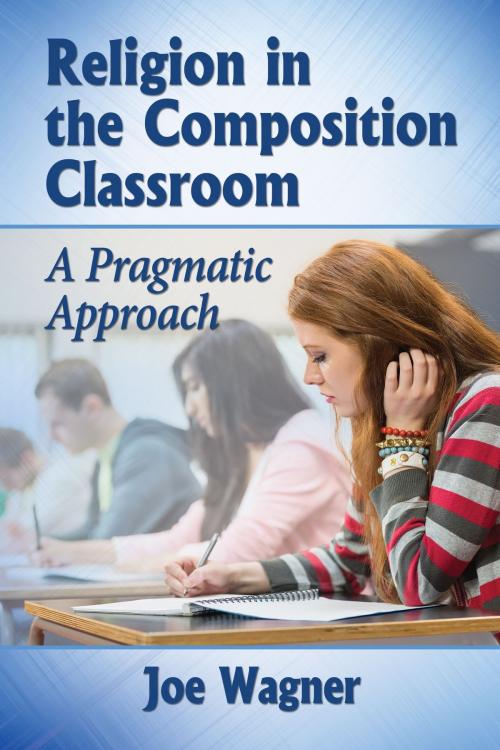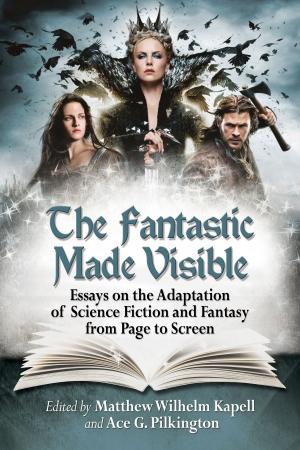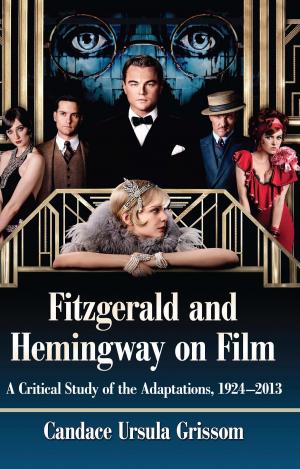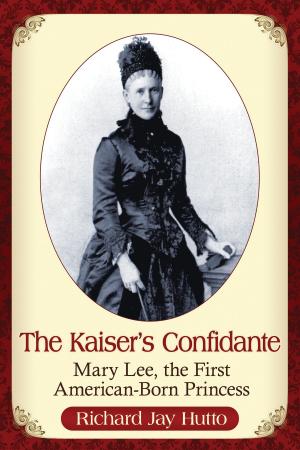Religion in the Composition Classroom
A Pragmatic Approach
Fiction & Literature, Literary Theory & Criticism, Nonfiction, Reference & Language, Education & Teaching, Religion & Spirituality| Author: | Joe Wagner | ISBN: | 9781476620558 |
| Publisher: | McFarland & Company, Inc., Publishers | Publication: | June 8, 2015 |
| Imprint: | Language: | English |
| Author: | Joe Wagner |
| ISBN: | 9781476620558 |
| Publisher: | McFarland & Company, Inc., Publishers |
| Publication: | June 8, 2015 |
| Imprint: | |
| Language: | English |
Students in first-year composition courses across the country discuss and write about touchy subjects like race, class, gender and religion. This book focuses on the latter, offering a pragmatic way of working with religious belief as a subject of study in the secular setting of the university classroom. Based on the work of American pragmatists like Charles Peirce, William James and John Dewey, this approach considers what religious belief does in the world—the tangible consequences of believing or not believing—and steers away from questions concerning God’s existence or benevolence. Religion is viewed as a social and political force affecting human interaction. Drawing on years of experience teaching composition in Chile and the United States, the author explores real-world events such as Chile’s 1973 coup d’état, the resignation of Pope Benedict XVI, and the daily interplay of religious beliefs among family members. Reading and writing assignments—geared for believers and nonbelievers alike—are provided, including student essays that make various arguments about religion.
Students in first-year composition courses across the country discuss and write about touchy subjects like race, class, gender and religion. This book focuses on the latter, offering a pragmatic way of working with religious belief as a subject of study in the secular setting of the university classroom. Based on the work of American pragmatists like Charles Peirce, William James and John Dewey, this approach considers what religious belief does in the world—the tangible consequences of believing or not believing—and steers away from questions concerning God’s existence or benevolence. Religion is viewed as a social and political force affecting human interaction. Drawing on years of experience teaching composition in Chile and the United States, the author explores real-world events such as Chile’s 1973 coup d’état, the resignation of Pope Benedict XVI, and the daily interplay of religious beliefs among family members. Reading and writing assignments—geared for believers and nonbelievers alike—are provided, including student essays that make various arguments about religion.















